Gaps in the Screenplay of Esotericism
|

Gaps in the Screenplay of Esotericism
|


"'Let's face it,' Bill [Breeze, chief of the American O.T.O.] proffered, after an embarassed silence, 'the future of Thelema belongs to academics. We're the past.'" [Allen Greenfield, 27.9.2006, http://tausirhasirim.livejournal.com/46617.html.]There’s nothing more that esotericism aspires to than to be taken seriously. Seen as pure of body as well as pure of any somatophobic thought as exemplified by racism, anti-Semitism and antidemocratic resentment (e.g. as found in Thelema).Only the Will not to create a wrong impression prevails, and therefore the irrational is mystified and exempt from reflection. 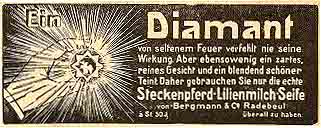

Because the academic esoteric’s artificiality leads them to outbid each other in conveying a proper and accepted attitude, they create a detrimental image of neglect, into which they retire when ever reflecting on themselves. They want to emerge from the underground of the Occident and reach the shores of the conscious, while in truth employing mechanisms of suppressing it. Their method: to deploy ideology, to fall back on obscurantism, irrationality, sophistry and excuses and to display general ineptness as a means for adapting to the corpse of esotericism. That now stumbles on a stage shrouded in aphorisms, momentous announcements and banalities disguised as wisdom, as if intent on carving the mot du jour or a summary of the proceedings in stone, into its tombstone. The pseudo-scientific respect of esoteric academia expresses itself in relationships of a mutual dependency, which only allows for weak opponents. As soon as there is any indication of danger, namely, the exposure of the academics as adherents of the esoteric Weltanschauung, any previous exchange of niceties immediately stop and the Other is ignored. Everything is subject to a one-sided codification of inferiority complexes, undecipherable safe for its foundation on its own internal logic. That which cannot be subjugated is regarded as insignificant and not worth analysis. To deal with such leftovers, or indeed a delegated self, would mean turning towards alternatives in contemplation. 
|

"Mockery is our greatest enemy." [Hermann Joseph Metzger, 'EOL-Mitteilungsblatt' No. 10, Zurich 1955, p. 4; and 'Oriflamme' No. 137, Zurich 1973, p. 1566. Text for Easter 1950. Likewise in a letter to Eugen Grosche of 21.5.1951.]Too strong an effort. Too painful. Too shameful, because somewhere, sometime one has gotten involved with strange insignia, long ribbons and black frocks fluttering in solemn acts of initiation, while weird knocking sounds are heard, and assignments and missions are pronounced whose purpose remains secret ?Creativity and original thought are eliminated, because they are 'inefficient' – or uncontrollable. 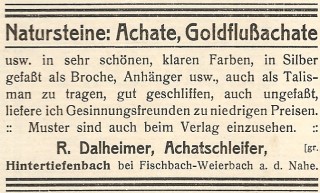 
At the same time as New Age is spreading in academia, the internet grows into an integral part of the mainstream. While academia remains bound to reactionary mechanisms relying on prestige and money, the internet breaks the monopolisation of knowledge and allows junk-postmodernism to flow into the living rooms. This context seems to serve as an invitation to behaviour according to one of the principles of psychoanalysis i.e. instead of focussing one’s attention, one allows it to take in anything floating around in that new cloud, where the value of knowledge is subject to constant change. 
Vanity ProjectsAcademia now brings forth a new cultural-technological gap. The valid is viewed in contrast to dubious contributions that are supposedly distinguishable, depending on which side of the gap they are situated. Work on paper is deemed valid, anything digital is ruled untrustworthy. Within this incestuous circle of the ever-same (occult) academics and self-imposed pressure, the esoteric world proceeds to produce more and more self-referential encyclopaedia. Contrary to their aim of reaching the mainstream, a lot of esoteric academic groups behave more and more like hermeneutic readers' circles where every single letter of the alphabet, ever used within their heroes' sphere of influence is either recycled endlessly or scientifically reduced to tatters, in order to lend it importance and meaning.
In academic slow motion, the simplest facts are turned upside down, rolled around by academic scarabs – in their leisure time maybe not averse to posing on Egyptian stage sets where turbans and pillars are part of the repertoire – reduced to rhetoric DNA, noted, re-noted, read and re-read until the last contemporary can easily parrot the entire lot. People having dealt with the occult only marginally, are retrieved from the depths of oblivion by way of biographies or studies, which come along like official funeral notifications or obituaries. Because personnel is scarce, those suddenly anointed are glorified beyond recognition, portrayed as persons of religious or academic greatness or by administration of the usual sterile recipes mummified as heroes of esotericism – published witnesses to its failure of being taken seriously. Distress signals from a dying concept. Intellectual standstill, radical conservatism reign. The only sound is the rustling of mutual burials in footnotes, the Science Citation Index, the Impact-Factors. Where there should be questions and openness, there are templates, which after postmodernity there is nothing left but reconstruction according to the principles of rummage sales. Thus its methods seem to be stuck at the point from where esotericism had taken off into the mainstream by means of early mass media (newspapers, radio, travelogues, novels, pulp): at the turn of the 20th century. 
|
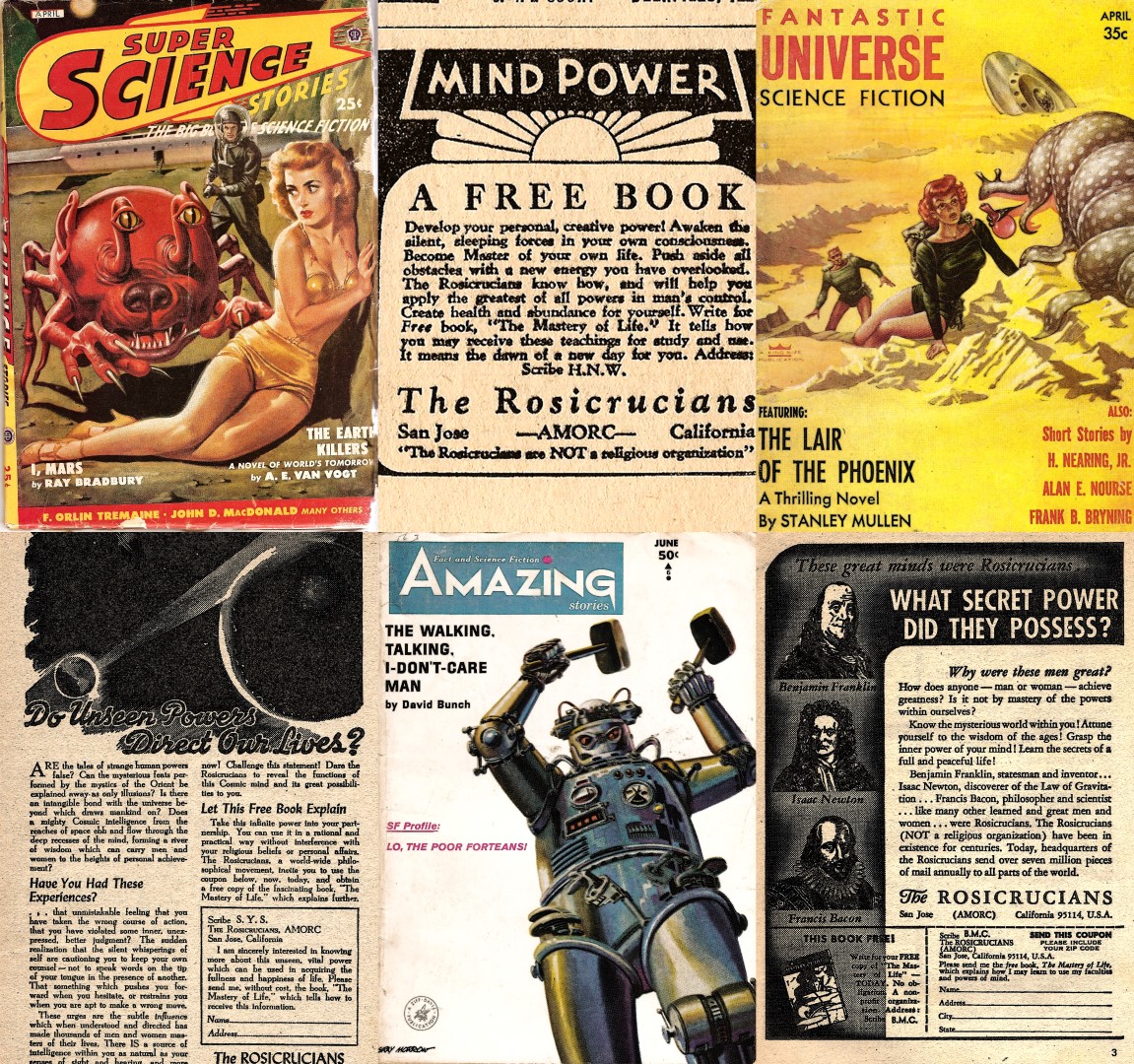


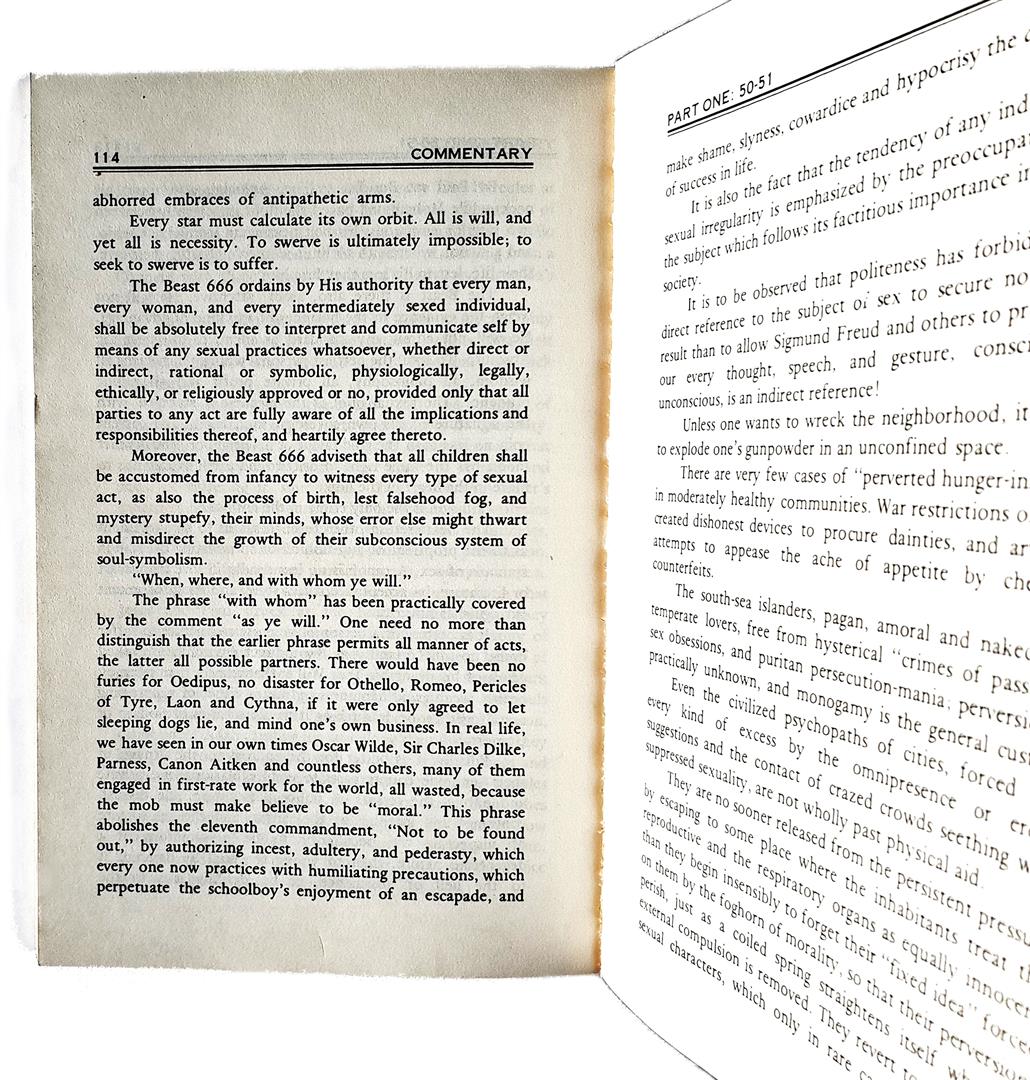


|
In alternative models, however, the texts esoteric academia pretend to
think about, would not only be inter-connected by links to a particular
author or by quick-freezing their meaning, but rather by breaking away
from prejudice, while the person contemplating them release their
relation to the texts.
In place of mere knowledge about the esoteric a new narrative of esotericism and its protagonists could be developed. By enabling distancing and relating seemingly irreconcilable things to each other, ironic humour also opens our eyes to the fact that the quality of reflection could be measured not least by the quality of transgressions. The ability to innovate and humor are related in that they create a progress in understanding through unusual associations and imagination. New models of research would not isolate texts as self-referential knowledge, simmering away in a comfortable niche miles away from the mainstream and only accessible to one single discipline. New models could emphasise the importance of understanding one context also by looking into another, excluding the privileging of any of the texts. Finally, the production of knowledge could be taken to new shores. 
The suitability of methods for thinking about occultism and esotericism is linked to results. So long as those insights stay discursive, innovative and useful, any method — however informal or offbeat — is not only appropriate but even required. Thus scientific analysis becomes a conversation between subject and researcher, and can only ever yield tentative results. Wayward ideas can and should be viewed from wayward perspectives. Knowledge is unstable. Reading Paul-Michel Foucault, Roland Barthes and Jacques Derrida, Félix Guattari and Gilles Deleuze will not hurt you. 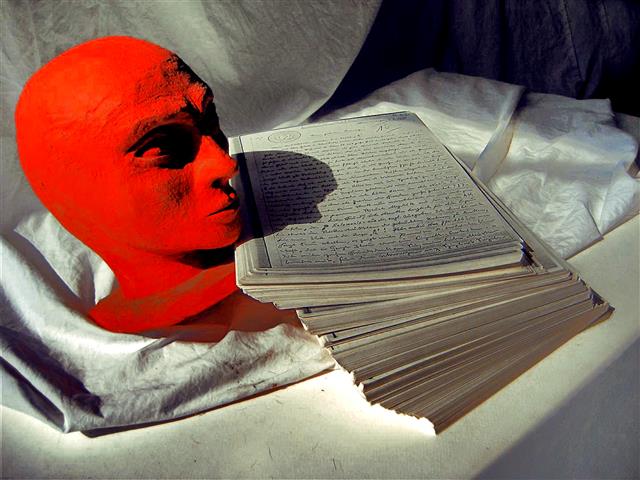
© Peter-R. Koenig, 2012. Translation was provided by Kon Vlahos and Mark Parry-Maddocks. 
Vintage sources above: "Prana", Zentralorgan für praktischen Okkultismus, Schriftleitung Karl Brandler-Pracht, Dr. Hugo Vollrath Verlag, Leipzig 1909-13. 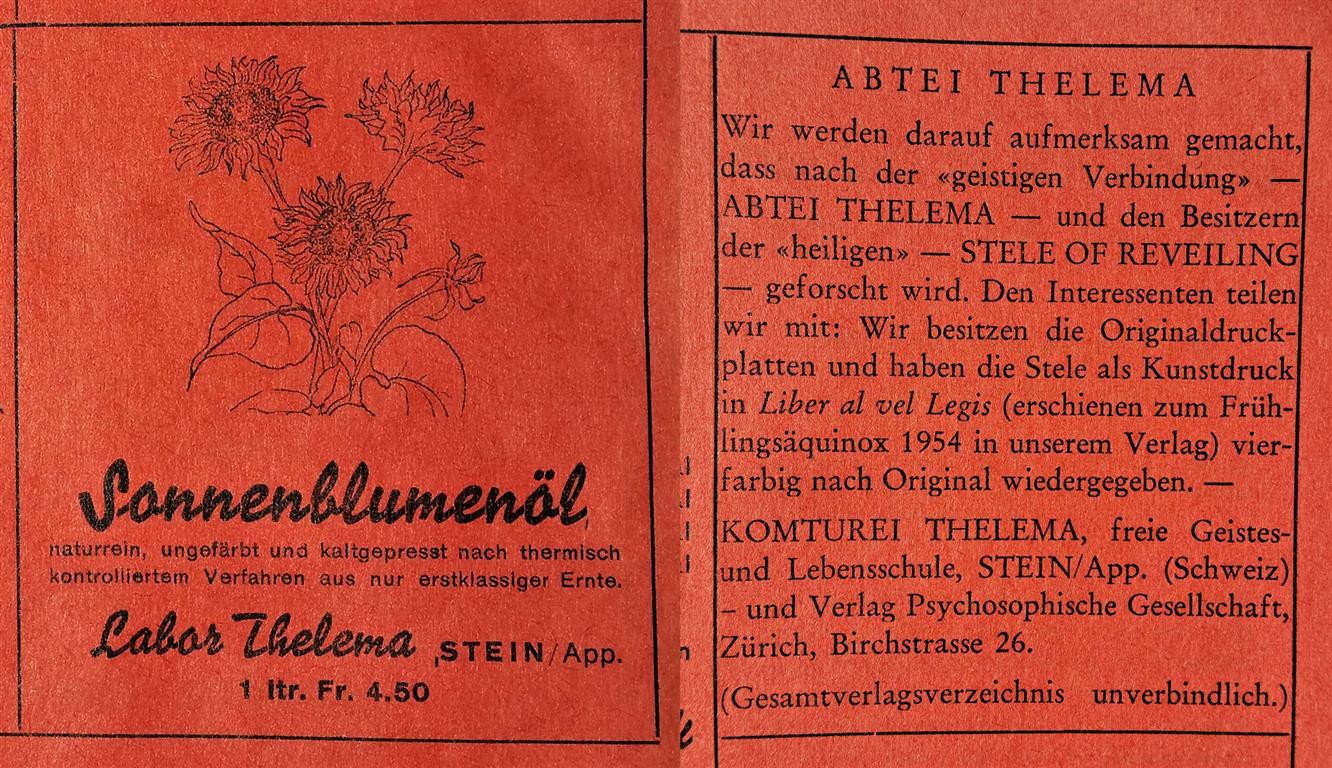





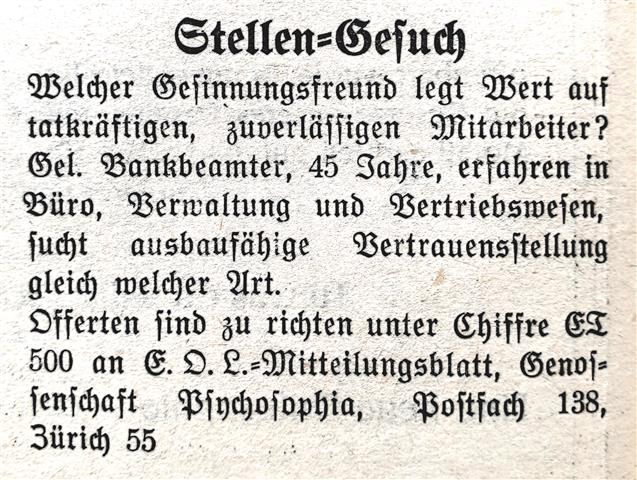

Above: from the Swiss O.T.O.'s magazines "Ex Oriente Lux" and "Oriflamme". |
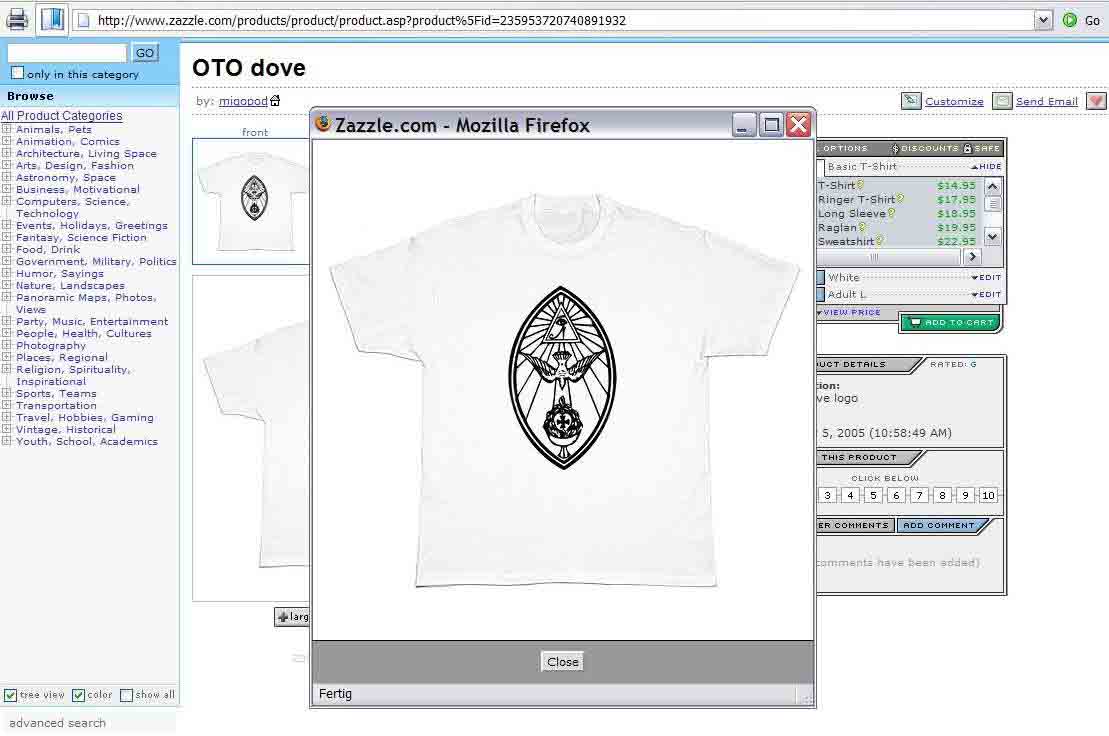

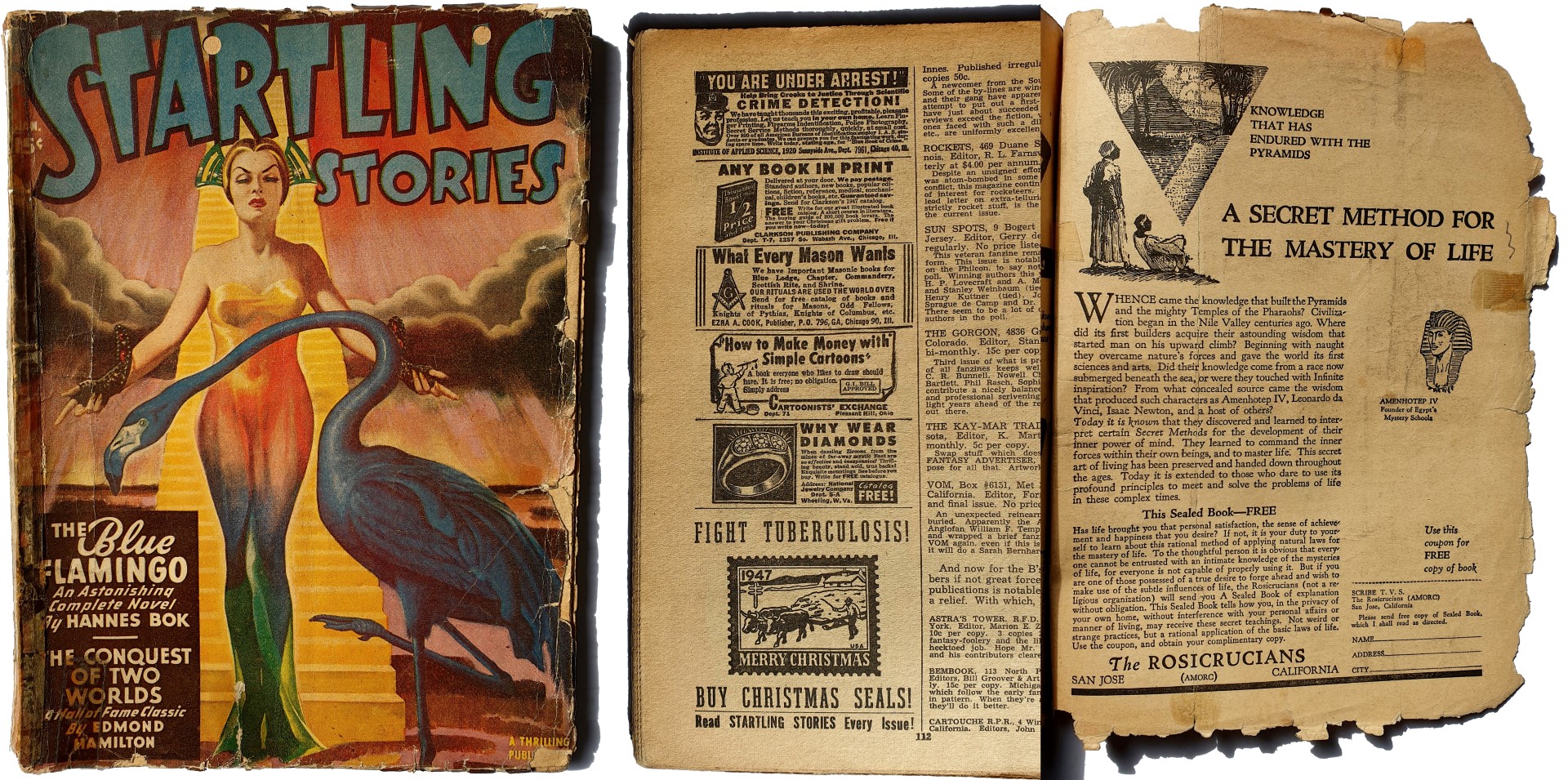
|
A shorter German version of this essay appeared as "Lücken im Drehbuch der Esoterik",
in GNOSTIKA #50, Sinzheim 2012. 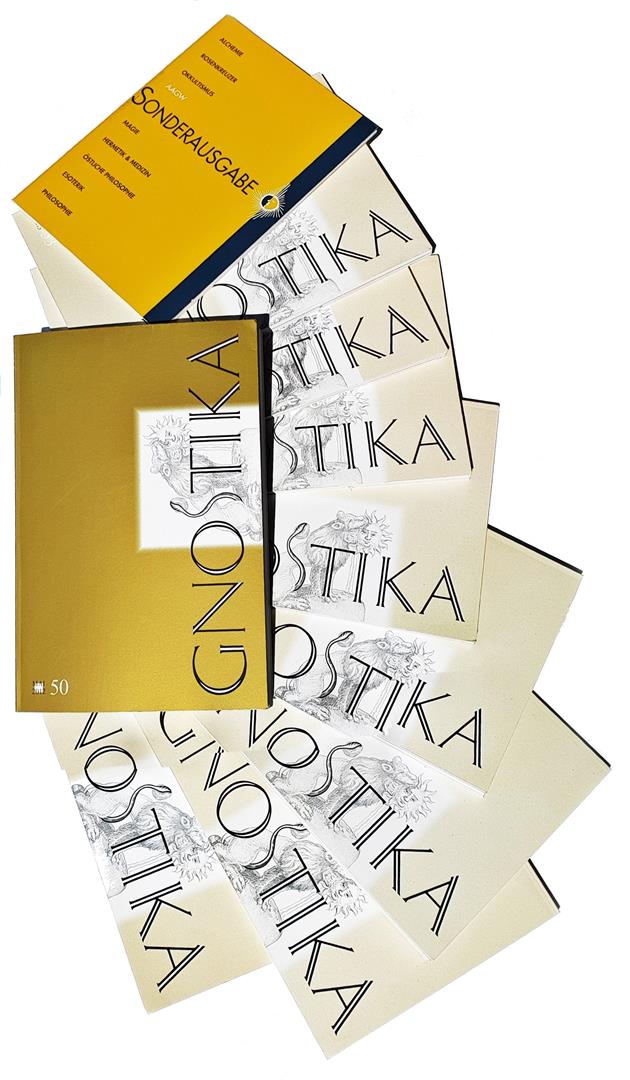
|
|
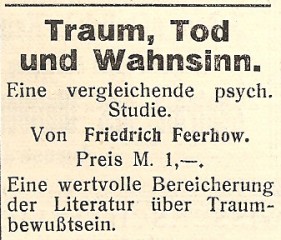
|
|
|